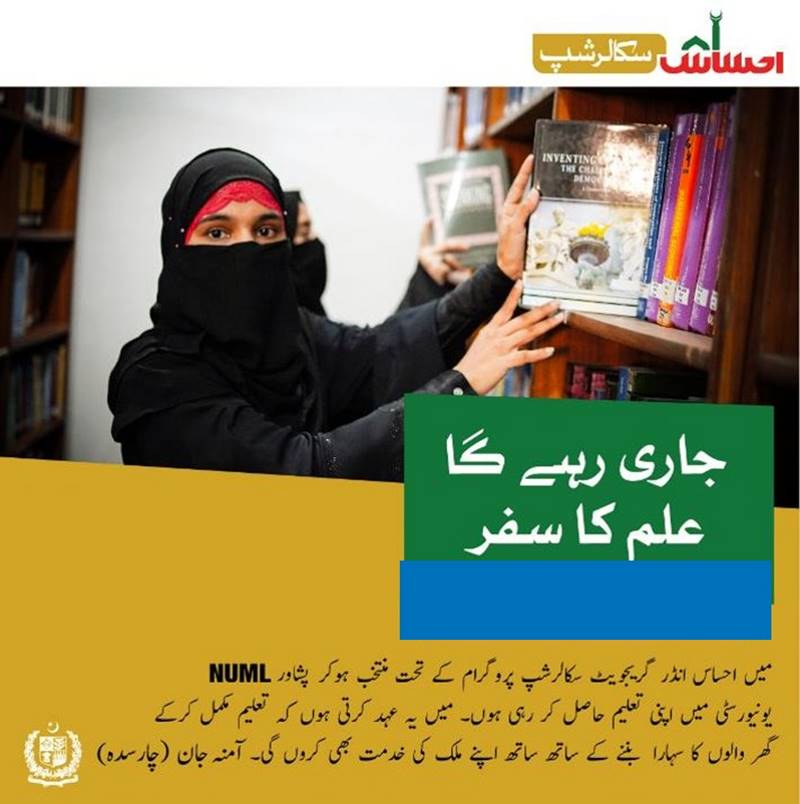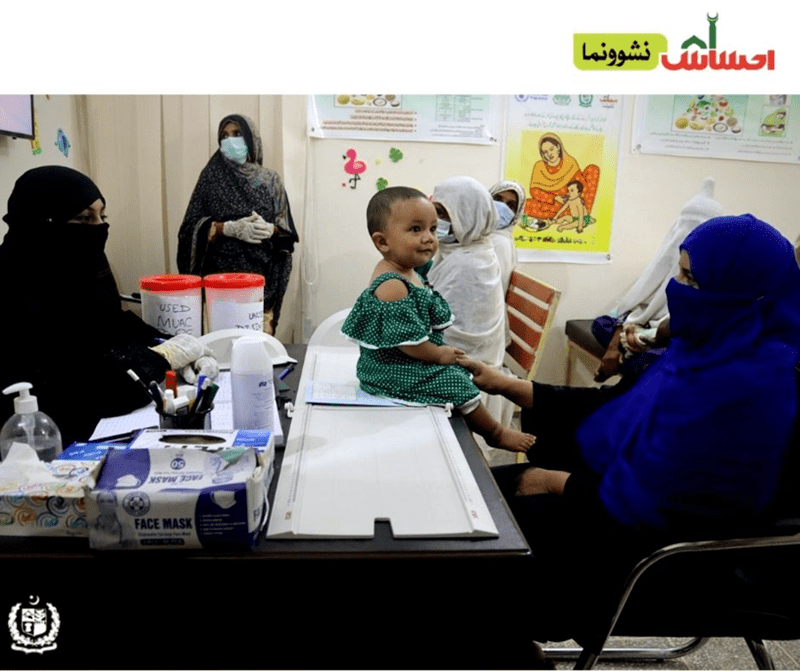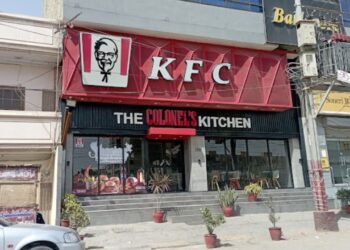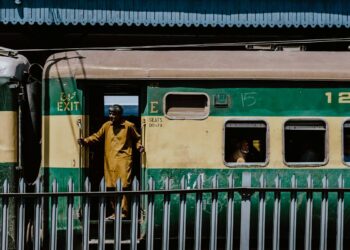Ehsaas’ 50%+ Benefits for Women Policy is an initiative of the government to empower women of the nation. Under this umbrella, women are given an opportunity to bring about a positive change in their livelihood.
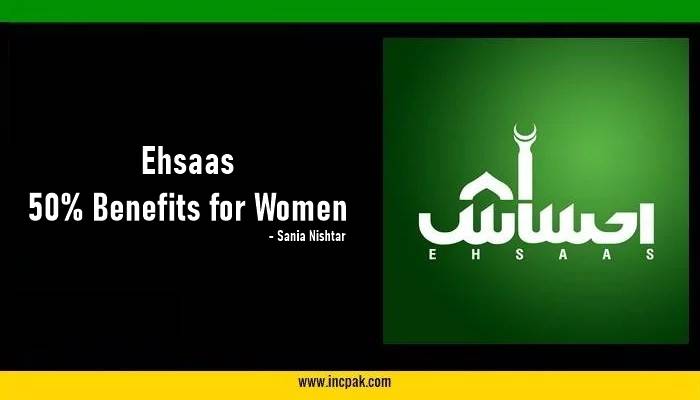
Ehsaas’ 50%+ Benefits for Women Policy ensures that at least 50% beneficiaries are women. The government has devised many Ehsaas initiatives that predominantly provide benefit to the women.
Dr. Sania Nishtar has tweeted to provide updates on the benefits women have received under Ehsaas’ 50%+ Benefits for Women and how they have already begun to change their lives. The initiative is particularly designed for women empowerment.
Tweets From Sania Nishtar
The ‘@Ehsaas_Pk 50%+Benefits for Women Policy’ is predicated to ensure that at least 50% of all benefits delivered under #Ehsaas contribute towards socio-economic mainstreaming of the disadvantaged women.
Ehsas Kifalat includes a monthly stipend of Rs 2,000 and a savings bank account to ensure the social security of 7 million deserving families in the country. For the first time, the doors of banks have been opened for these women to make sense of sponsorship payments.
Providing women with equal opportunities for development is one of the priorities of the realization. Afrasad has done a make-up course at the Women’s Empowerment Center under Ehsas and is now helping her family by opening a beauty parlor at home.
Under the Ehsas program, Hina Shabbir has started her online business called Anam Zahra Collection after a computer course and is running a clothing business with limited capital. The process of empowering deserving women socially and economically through awareness is underway across the country.
Nargis Munir from Islamabad has started sewing and garment business with an interest free loan. She is also working with dignity and is teaching these skills to many girls.
Sodhi Hameer of Umerkot has started a business of renting utensils for celebrations with a sense of income from which she earns Rs 30,000 a month. In order to bring women into the mainstream of development, women’s participation in income has been kept at 60%.
Under the umbrella of Ehsas, the proportion of scholarships for girls in digital education is higher than that of boys. Upon registration in the program, a quarterly stipend of Rs. 2,000 for girls and Rs. 1,500 for boys is given.
Sensitive development to prevent stunting in children includes cash benefits and healthy supplementary feeding for pregnant and lactating mothers and children under 2 years of age. The program provides a monthly stipend of Rs. 1,500 for boys and Rs. 2,000 exclusively for girls.
For the first time in the history of the country, a large undergraduate scholarship program has been introduced for talented students from low-income families in Pakistan, in which 50% of the scholarships are reserved for women.
Ehsaas 50%+ Benefits for Women
The following are Ehsaas initiatives that provide benefits to women:
Kafaalat
As part of Ehsaas Kafaalat program, the most destitute women, regardless of religion, race, or ethnicity, get a monthly stipend of Rs. 2,000.
Ehsaas Interest Free Loans Program
Under Ehsaas Interest-Free Loans program more than 45% loan has been provided to women, the commitment is to increase this to 51%. Loans typically range from PKR
20,000 to PKR 70,000, and are given out by 22 partner NGOs through 1100 loan centers.
Ehsaas Undergraduate Scholarship Program
Ehsaas Undergraduate Scholarship Program reserves 50% of scholarships for girls.
Ehsaas Aamdan
Through the Ehsaas Aamdan program, 200,000 households and 1.4 million individuals will get livelihood opportunities over the next 4 years via asset transfers, where 60% of assets have been reserved for women. The program enables access of the poor to assets such as cows, buffaloes, goats, poultry, agriculture inputs, auto-rickshaws, and inputs for setting up shops and small enterprises, which can have a the transformative effect on their lives
Ehsaas Tahafuz
The healthcare expenditure is the covered by government. More than 50% of the assistance will be given to conditions faced by women.
Ehsaas Waseela-e-Taleem
Through Waseela-e-Taleem program, conditional cash transfers are
being made to households conditional on sending children to primary schools; this
include a higher stipend for households with girls PKR 1000 for girls vs. PKR 750 for
boys. The program is currently being scaled up, from 50 to 100 districts, where school
capacity is being assessed by external on-ground partners
Ehsaas Labor Expert Group
Through the Ehsaas labor study conducted by the Labour Expert
Group, the Government will recognize the work of rural women and home-based
workers and cover domestic work (including unpaid care) under the legislation. For
For example, agricultural work is often seen as an extension of domestic responsibilities for
rural women and is therefore not covered by the current social security system
Ehsaas Nashonuma
Through the Ehsaas Nashonuma initiative targeted towards mother
and child healthcare.
Second Chance to Education
A Second Chance to Education for the provision of second-chance education in schools, colleges, and universities, including alternative learning pathways that provide an equivalent primary or middle school education for out-of-school adolescents, particularly girls
Legal Aid through Ehsaas Tahafuz
Through Ehsaas Tahafuz, women will be provided with legal aid in matters affecting women related to inheritance, domestic violence, divorce, child custody, work discrimination, harassment etc.
Joint Ownership of Houses – Naya Pakistan Housing Scheme
Through a new policy, the government will ensure that women have joint ownership of houses in each of the new housing schemes the government is supporting e.g. Naya Pakistan Housing Scheme
Value Chain Building
The Ehsaas Value Chain Building Committee is working on redesigning the rural value chain, consistent with unique agricultural problems faced by Pakistan in terms of small landholdings, subsistence farming, and exploitation by middlemen of small and marginalized farmers. This initiative is in the final design phase and is predicated on the understanding that innovative approaches to rural value chain building will prevent extractive middlemen and monopolies from exploiting small farmers, particularly women farmers, many of whom are also in bonded labour
Disability Quota
The government has reserved a 2% quota for disabled men and women
in all government jobs and Naya Pakistan Housing Scheme
Ehsaas: 50%+ benefits for Women
READ MORE ON EHSAAS PROGRAMME
